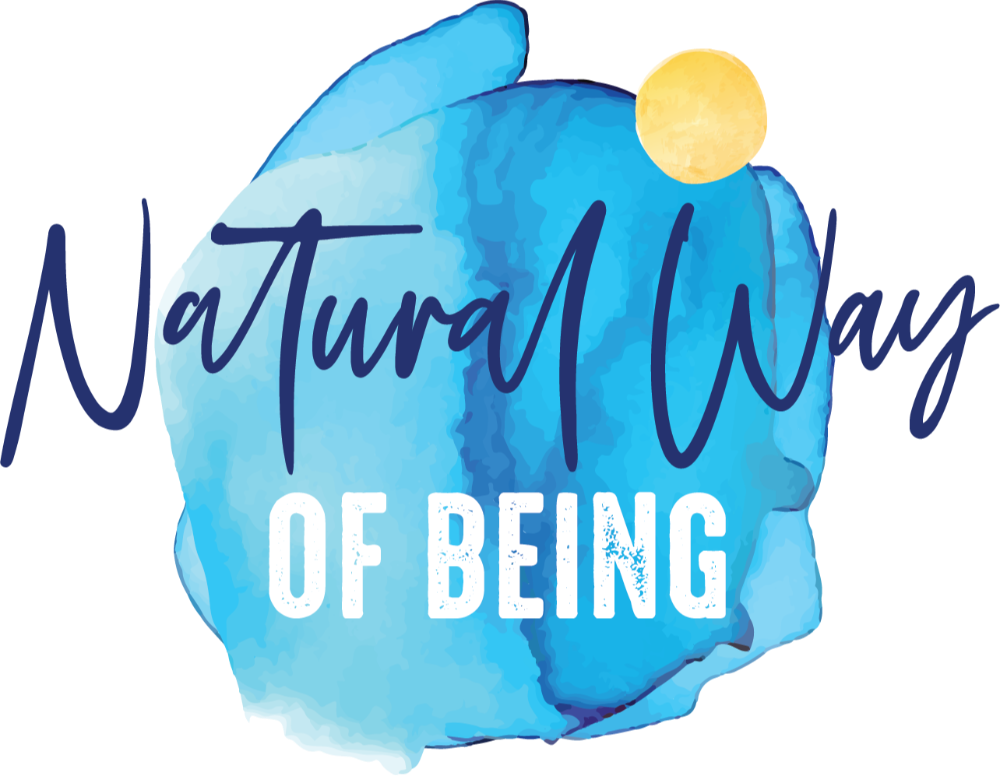
Don't Get Shifted
May 22, 2012You come back from lunch and your coworker is going through your desk. You walk over and ask him what he's doing.
“Oh, our committee needed those color dry erase markers that you have for our presentation. Since you are at lunch, I figured you wouldn't mind if I borrowed them."
You feel violated and respond, "Actually I do mind. Please never go through my desk again. If you need to borrow something, just ask me.”
He says, "Really? I thought we were beyond that,” and walks away hurt and dejected. You feel bad. You just got shifted.
Shifting the blame is when someone violates or hurts you and then shifts the blame back to you. My question is, “Who violated who?" Almost all sexual abuse and domestic violence employs blame-shifting.
My made-up example may seem obvious, but when it catches you off guard in the moment and is perpetrated by a skilled shifter, it can be difficult to detect.
Your coworker asks you to stop by her desk and tell her which of the proofs you like the best. You pick out the proof you like and as you walk away she says, "Just send me an email itemizing what you liked about this proof over the others." You just got shifted.
Shifting the work is when you do work or request assistance and it somehow gets turned around so you do all the work.
These types of shifters are masters at always leaving the ball in your court. They are playing on the fact that most people avoid confrontation and would sooner do the email than deal with the discomfort.
You're typically left with two options: Allow or disallow the shift.
So you're at a meeting and you offer an idea that solves the problem at hand. The other people (not your boss) tell you to write that up, get quotes, and present it at the next meeting.
Just tell them, "No way! I had the idea. You can help with the work."


